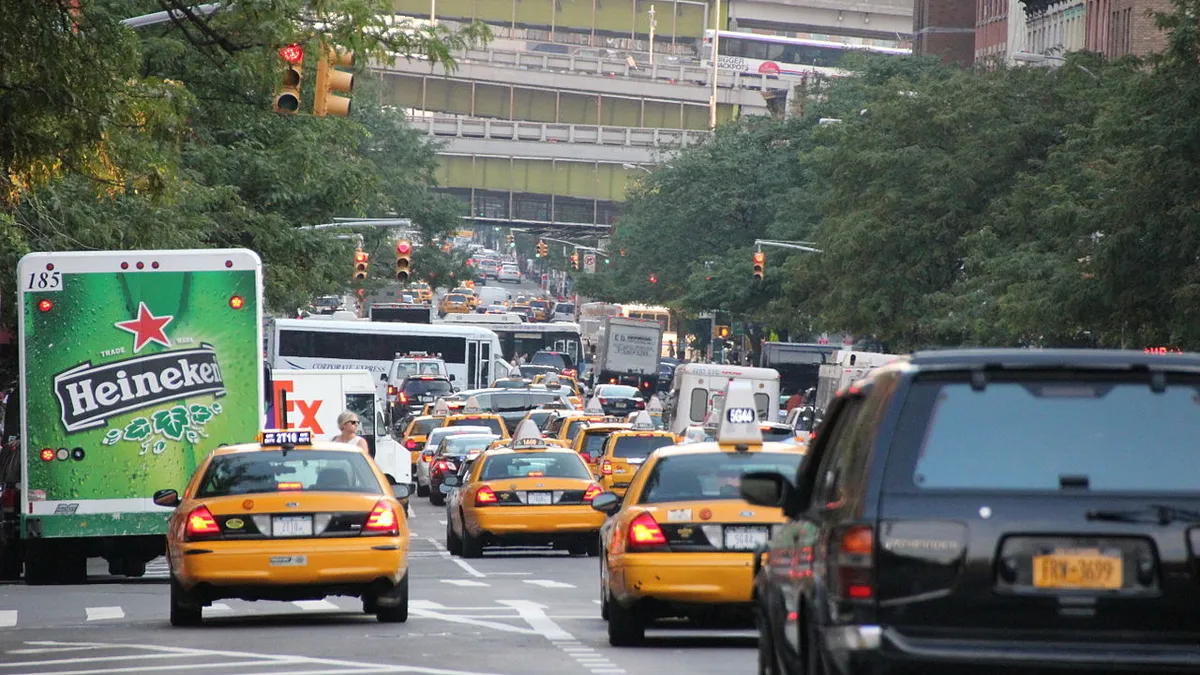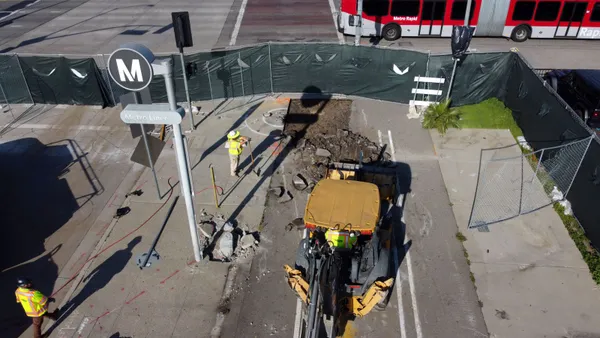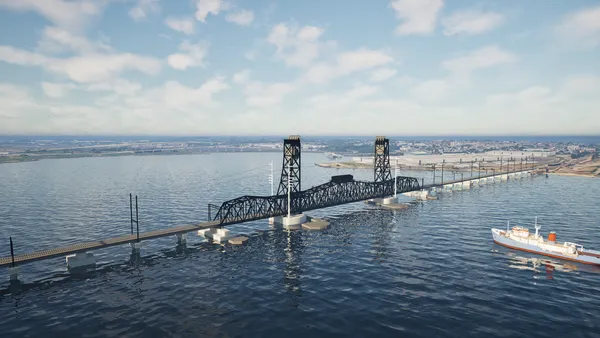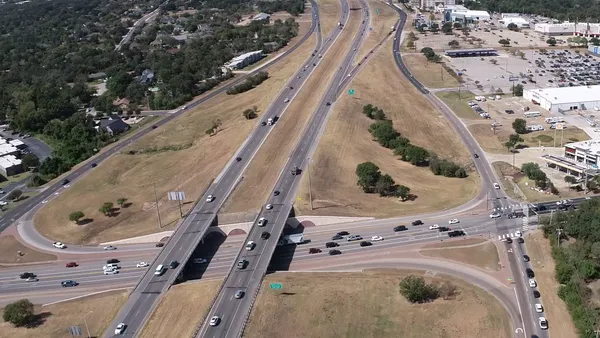Dive Brief:
-
New York Gov. Andrew Cuomo has revived discussions around congestion pricing in New York City, a strategy that would impose extra fees on motorists who drive on the city's busiest streets in order to fund improvements to the city's subway system, according to AM New York.
-
The latest rendition of the plan would increase tolls to East River bridges, charge a fee to drivers who enter or exit Midtown Manhattan at 60th Street and reduce tolls on bridges that see less traffic. The plan could raise as much as $1.3 billion each year.
-
Only a few state budgets, namely California and Florida, use congestion pricing, but other cities globally that have embraced it say they have fewer traffic jams and lower automobile emissions, according to Newsday.
Dive Insight:
The goal of easing automobile congestion is one driver of the many highway, bridge and mass transit projects currently underway in the U.S.
Part of a plan to provide relief to motorists in the North Carolina counties of Durham and Orange is a $2.47 billion, 17.7 mile light-rail line that would give commuters in the growing region more travel options. The project has yet to be completely funded, but officials said the GoTriangle rail system could generate thousands of jobs, as well as connect commuters to medical, educational and employment opportunities.
Another project aimed at reducing bumper-to-bumper traffic is the $2.7 billion expansion of the Chicago-area Eisenhower Expressway. The highway runs west out of the Chicago Loop and into the suburbs.
The Illinois Department of Transportation (IDOT) announced late last month that the U.S. Department of Transportation had approved the project's first phase. IDOT said it is open to the idea of a public-private partnership to help move the expansion forward. The project calls for the highway to be widened and for the addition of toll lanes and free bus and carpool lanes.
And in Maryland, a federal appeals court breathed new life into the struggling Purple Line light-rail project last month. The judge ruled to allow construction to begin on the $5.6 billion project, reinstating its environmental approval while a lawsuit concerning its environmental impact moves forward. The issue centers on ridership figures that critics contend are no longer accurate given the ridership decline in the Washington, DC, Metrorail system, to which the Purple Line would connect.













